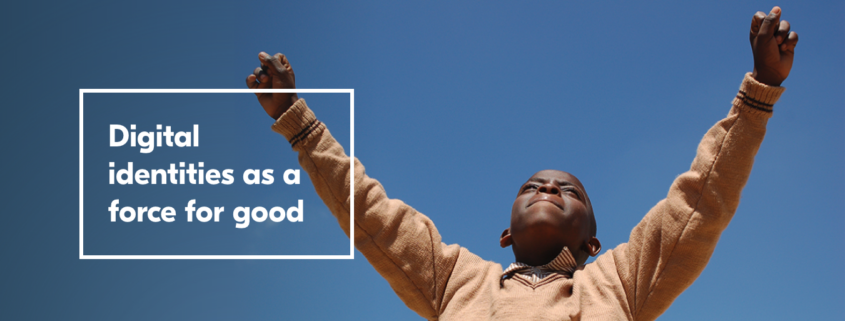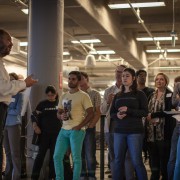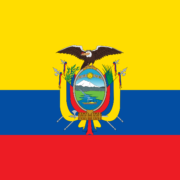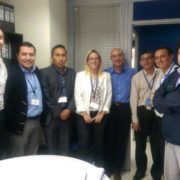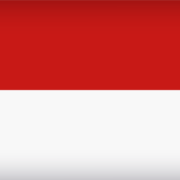Explorations: Yoti – Digital Identities as a Force for Good
 This post is part of our Explorations series, where we invite experts from across the global tech community and our ecosystem to impart their wisdom and knowledge. Identity is a crucial part of delivering responsible fintech and a topic that is actively being discussed across our community right now. We’re happy to have Ken Banks, the Head of Social Impact at Yoti, share this guest blog post describing their recently announced social impact strategy. Ken will also be leading a webinar as part of our Mifos Community Webinar Series on March 18 at 1400GMT via GoToTraining outlining Yoti and its commitment to designing and delivering solutions that can make digital identity a force for good.
This post is part of our Explorations series, where we invite experts from across the global tech community and our ecosystem to impart their wisdom and knowledge. Identity is a crucial part of delivering responsible fintech and a topic that is actively being discussed across our community right now. We’re happy to have Ken Banks, the Head of Social Impact at Yoti, share this guest blog post describing their recently announced social impact strategy. Ken will also be leading a webinar as part of our Mifos Community Webinar Series on March 18 at 1400GMT via GoToTraining outlining Yoti and its commitment to designing and delivering solutions that can make digital identity a force for good.
Please read his blog post below, explore the their social impact strategy (.pdf) and join the webinar on March 18. Mifos is looking for institutions across the community who are ready and willing to participate in digital identity pilots we will be kicking off with organizations like Yoti and the Sovrin Foundation.
Over the past few months our Social Impact team has been busy carrying out research across Africa, South East Asia and the United Kingdom to better understand digital identity needs and opportunities in these locations. We’ve been speaking to experts around the world and attending digital identity and humanitarian events to get a sense of who is doing what, where. Our findings have led to the development of an exciting user-focused, evidence-based Social Impact Strategy which we are proud to be launching today, along with an updated section of the Yoti website.
The primary focus of much of the digital identity sector is on the design, adoption and use of large-scale digital identity systems and how users interact with them. This includes national efforts, such as the Aadhaar ID system in India. Most of this research begins with the technology and works its way down to the people who use it, an approach which has given us something of a knowledge deficit.
What we’re missing is an understanding of why people might want a digital identity, how they interpret or understand digital identity, their concerns and what tools and approaches might be missing in their local context.
While we know there are approximately 1.1 billion people around the world who would benefit from some form of (likely digital) identity, we know far less about their own personal motivations for wanting and using one. And without a fuller understanding of these kind of bottom-up issues, we have little chance of developing the most useful and appropriate solutions. We need to dive deeper and find out more if we want to increase our chances of adopting the right kind of identity – a Good Identity – in our sector.
While we remain committed to helping solve the problem of the 1.1 billion, our new Social Impact Strategy is designed to help us better understand digital (and broader 21st century) identity perceptions, motivations, challenges, opportunities and concerns among grassroots communities and migrants around the world.
With a particular focus on emerging markets, the Strategy is made up of a number of key activities, including:
- Helping local researchers and policy makers to better understand the opportunities and issues through our exciting new annual Fellowship Program, launching in the next few weeks.
- Empowering local innovators and thought leaders by providing a support program for developing world innovation hubs, universities and business centres.
- Running competitions and challenges in support of local innovation efforts.
- Providing an open-source digital identity solution that is simple to use, free and completely offline. This has been designed specifically for grassroots, last-mile nonprofits and socially-focussed groups.
Our Strategy has one key purpose: to help further the positive social impact of digital identity solutions globally and to ensure digital identity becomes a force for good – for everyone, everywhere.
You can download a copy of our Social Impact Strategy (PDF) here. The updated section of the Yoti website can be found here.

